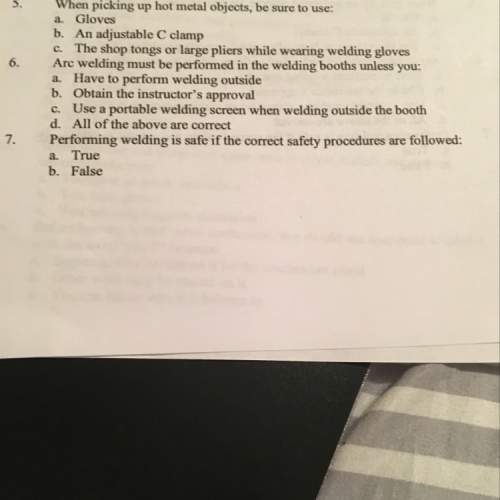
English, 20.01.2021 19:10 liddopiink1
Reau de passage.
This passage, set in England in the early 1800s, focuses on Becky Sharp, a young woman of humble origins who has married a wealthy man.
from Vanity Fair
The old haunts, the old fields and woods, the copses, ponds, and gardens, the rooms of the old house where [Becky] had spent a couple of
years seven years ago, were all carefully revisited by her. She had been young there, or comparatively so, for she forgot the time when she ever
was young-but she remembered her thoughts and feelings seven years back, and contrasted them with those which she had at present, now
that she had seen the world and lived with great people, and raised herself far beyond her original humble station.
"I have passed beyond it, because I have brains," Becky thought, "and almost all the rest of the world are fools. I could not go back, and
consort with those people now, whom I used to meet in my father's studio. Lords come up to my door with stars and garters instead of poor
artists I have a gentleman for my husband, and an Earl's daughter for my sister in the very house where I was little better than a servant a few
years ago. But am I much better to do now in the world than I was when I was the poor painter's daughter, and wheedled the grocer round the
corner for sugar and tea? Suppose I had married Francis who was so fond of me-I couldn't have been much poorer than I am now. Heighol I wish
I could exchange my position in society, and all my relations for a snug sum in the Three per cent. Consols;" for so it was that Becky felt the
Vanity of human affairs, and it was in those securities that she would have liked to cast anchor.
At which point in the passage does Becky's tone change from contemptuous to regretful?
1. when she forgets "she ever was young"
02. when she realizes "I could not go back"
3. when she notes "I was little better than a servant"
4. when she asks if she is "much better to do now in the world"

Answers: 1


Other questions on the subject: English

English, 21.06.2019 15:30, CurlyheadShay
Read the excerpt from "how i learned english.” and that was important, as important as joe barone asking me how i was through his tears, picking me up and dusting me off with hands like swatters, what does the imagery in the excerpt best readers picture? the awful stinging sensation of being dusted off the quick slapping motion of joe’s hands how roughly the speaker is pulled off the ground how loud and hard joe is laughing
Answers: 1


English, 22.06.2019 02:10, Zaydblackwood06
98 points and brainliest for think of an intense argument you had or witnessed sometime in your life. close your eyes and remember every detail. to turn this into a dramatic scene you will need to make changes that will make it make more sense to the audience. 500-600 words a description of the set up that explains what happened before the scene diction that matches the characters character objectives and obstacles are clearly conveyed a scene that escalates in dramatic intensity diction that is appropriate to the audience words that are not wasted in idle chit chat action (stage directions) that enhance the scene proper formatting for drama
Answers: 2

English, 22.06.2019 03:50, ERIKALYNN092502
Which lines in this excerpt from act ii of william shakespeare’s romeo and juliet reveal that mercutio thinks romeo would be better off if he stopped thinking about love? mercutio: i will bite thee by the ear for that jest. romeo: nay, good goose, bite not. mercutio: thy wit is a very bitter sweeting it is a most sharp sauce. romeo: and is it not well served in to a sweet goose? mercutio: o here's a wit of cheveril, that stretches from an inch narrow to an ell broad! romeo: i stretch it out for that word 'broad; ' which added to the goose, proves thee far and wide a broad goose. mercutio: why, is not this better now than groaning for love? now art thou sociable, now art thou romeo; now art thou what thou art, by art as well as by nature: for this drivelling love is like a great natural, that runs lolling up and down to hide his bauble in a hole. benvolio: stop there, stop there. mercutio: thou desirest me to stop in my tale against the hair. benvolio: thou wouldst else have made thy tale large. mercutio: o, thou art deceived; i would have made it short: for i was come to the whole depth of my tale; and meant, indeed, to occupy the argument no longer.
Answers: 1
You know the right answer?
Reau de passage.
This passage, set in England in the early 1800s, focuses on Becky Sharp, a young w...
Questions in other subjects:

English, 14.09.2020 17:01

Mathematics, 14.09.2020 17:01

Mathematics, 14.09.2020 17:01

Chemistry, 14.09.2020 17:01

Mathematics, 14.09.2020 17:01

Mathematics, 14.09.2020 17:01

Social Studies, 14.09.2020 17:01

Mathematics, 14.09.2020 17:01

Mathematics, 14.09.2020 17:01

Mathematics, 14.09.2020 17:01




